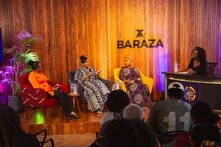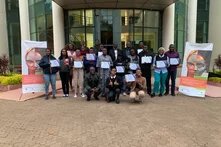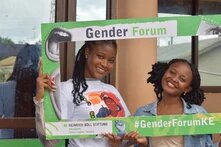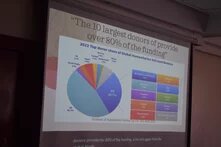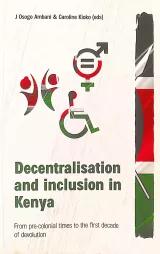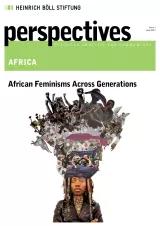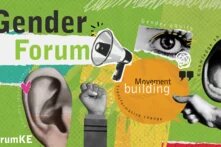gender democracy
Articles
More articles about gender democracy (72)
Publications
More publications about gender democracy (30)
More pages about gender democracy
© Heinrich-Böll-Stiftung e.V.
Schumannstraße 8
10117 Berlin
T +49 (30) 285 34-0
F +49 (30) 285 34-109
www.boell.de
info@boell.de
